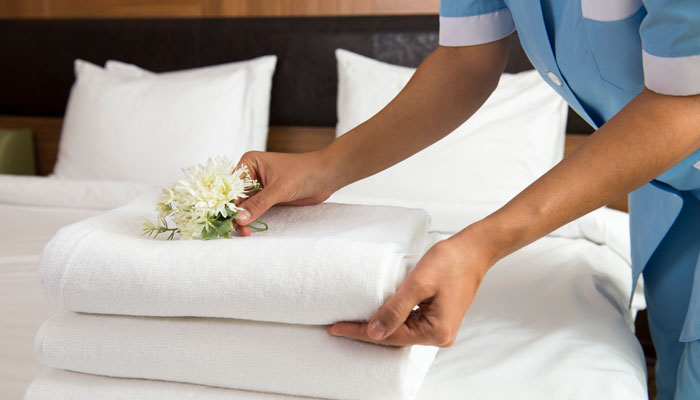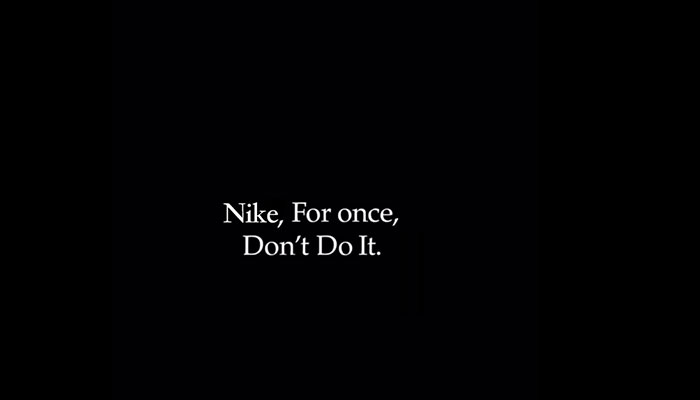Holiday horror stories may make for hilarious dinner-party anecdotes down the track – but they are distressing at the time, and with unhappy guests now taking to social media to post negative reviews, hotel managers are under more pressure than ever before.
But beware: those hours you spend crafting a cutting post on TripAdvisor or Yelp detailing the bad facilities and poor service at a disappointing hotel, may well be wasted.
In a surprising finding, recent research by Macquarie marketing expert Dr Shahin Sharifi shows that travellers looking to book accommodation take far more notice of positive hotel reviews online than they do negative ones.
“People often read hotel reviews online before they commit to a booking – so we surveyed consumers to evaluate their reactions to one-sided positive or negative hotel reviews, or mixed reviews,” says Dr Sharifi.
The one-sided, positive reviews had the most influence on people’s decision to book a hotel, he says. Consumers appear to attribute various motivations to reviewers depending on the tone of the reviews.

To book or not to book? Marketing expert Dr Shahin Sharifi studies how prospective guests reacted to online hotel reviews.
We reason that negative reviews are seen as a common retaliatory response to individual incidents, while positive reviews are considered to be something that people leave through gratitude because they are delighted with the overall facilities and service,” Dr Sharifi explains.
Mixed reviews, however, appeared to confuse most consumers.
People felt that negative reviews were about a personal conflict situation.
“People avoided those reviews that were ambivalent because they were hard to interpret and didn’t give a clear message. They felt that negative reviews were about a personal conflict situation – that leaves the positive reviews, which were the most influential on consumers’ perceptions,” says Dr Sharifi.
Dr Sharifi’s research interests are in consumer behaviour and the things that affect buyer’s judgement and decision-making. He found that people’s reactions to mixed reviews differed depending on their personal response to uncertainty – those who prefer to make firm, fast decisions avoided mixed reviews.

What has the greatest influence? The study also examined how people reacted to big promises such as 100 per cent satisfaction guarantees.
The research was published in the Journal of Hospitality Marketing and Management and involved two studies where respondents rated a range of reviews about hotels, some one-sided positive, some one-sided negative, and the rest mixed, and then indicated how much trust they had in each review, and whether they would book the hotel.
Satisfaction guaranteed
Perceptions of online reviews become more complex though, when a hotel offers a “100 per cent satisfaction guarantee.” Typically hotels with this policy offer guests a refund of one night’s accommodation if they raise a problem with the front desk and it’s not resolved.
- You have a better chance of being a CEO in Australia if you are from the UK, USA or Canada
- Never mind fake news, what about fake CVs?
These policies are often introduced to encourage customers to return, but they are also likely to affect how prospective customers perceive online hotel reviews.
However they might not have the desired impact.
“When hotels offered 100 percent satisfaction guarantees, the mixed reviews became the most trusted,” says Dr Sharifi. “None of the reviews made a difference on whether a customer made a booking, however.”
Hotel managers will get more bookings by providing the best service possible to customers, so that they get more good reviews.
The strongest influence on bookings is positive reviews – and Dr Sharifi says that this sends a strong message to hotel managers.
“Positive reviews influence prospective customers more than any other kind, so hotel managers will get more bookings by providing the best service possible to customers, so that they get more good reviews,” he says.
“The fact that prospective customers do not trust negative reviews could be a big relief for hoteliers.”
As for your own response to a holiday: don’t invest too much time in writing purely bad reviews, because they don’t appear to impact future bookings. Constructive critiques may influence some future travellers, but the most effective reviews seem to be those that come from positive experiences.



